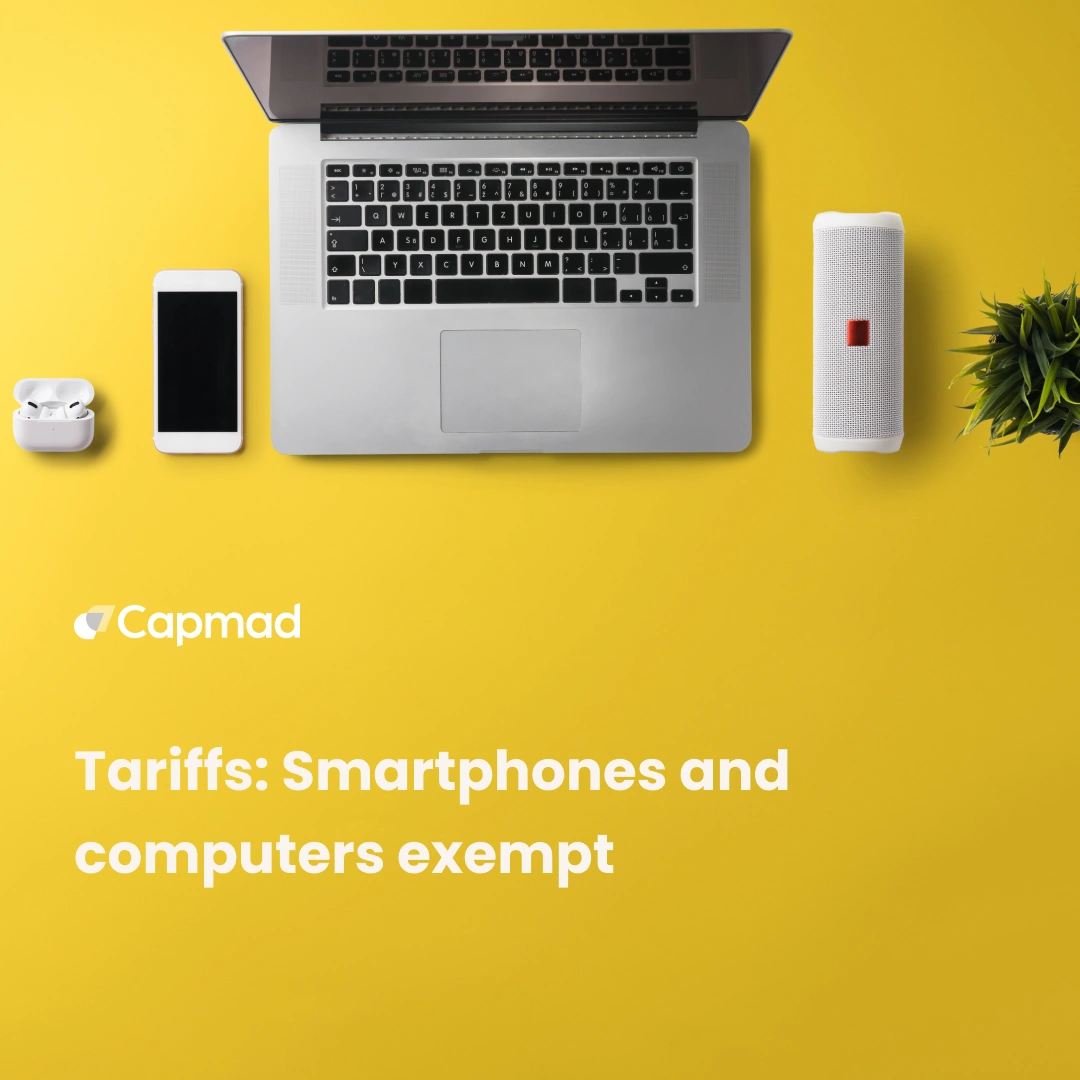Moody’s, Fitch Ratings, and S&P Global have adjusted their sovereign credit ratings for several African countries in the first half of 2024. These assessments, key indicators of economic and financial stability, directly influence access to international capital markets. Six countries have seen improvements in their ratings, while three have experienced downgrades, reflecting contrasting economic dynamics.

Sovereign rating developments in Africa
A report published by the African Peer Review Mechanism (APRM), in collaboration with the United Nations Economic Commission for Africa (UNECA), analyzes these rating changes. Focusing on foreign currency sovereign ratings, the report highlights the adjustments made by the three major rating agencies.
The revised ratings reflect significant efforts by some countries in managing debt and public finances. These improvements facilitate access to funding and enhance the attractiveness for investors. Conversely, downgraded countries face challenges related to budget constraints and limited access to capital.
Eight countries have benefited from improved economic outlooks, signaling greater growth potential. This trend encourages governments to diversify their funding sources and stabilize their economies to meet investor expectations.
Notable improvements in several countries
Six African countries have seen significant upgrades in their credit ratings, despite an uncertain global economic environment:
- Benin : Upgraded from B+ to BB- by S&P, thanks to stronger fiscal discipline and improved liquidity management.
- Cameroon : Raised to B- from CCC+, reflecting increased resilience in the face of economic challenges.
- Cape Verde : Improved from B- to B by Fitch, driven by a recovery in tourism and rigorous fiscal policies.
- Côte D’Ivoire : Upgraded from Ba3 to Ba2 by Moody’s, benefiting from massive private investments, particularly in infrastructure.
- Tanzania : Improved to B1 from B2 by Moody’s, due to strategic investments and better fiscal management.
- Zambia : Despite a recent exit from default, its rating improved from Ca to Caa2 by Moody’s, reflecting progress in public finance management.
These improvements signal growing stabilization and could reduce borrowing costs, although high global interest rates still affect financing conditions.
Downgrades : Major economic challenges
Three African countries experienced a downgrade in their sovereign ratings, reflecting increasing budgetary and economic challenges:
- Niger : Gegradation from Caa2 to Caa3 by Moody’s, due to the economic sanctions imposed by ECOWAS, aggravating the arrears of payments.
- ECOWAS economic sanctions, worsening payment arrears.
- Gabon : Dropped from Caa1 to Caa2, signaling deteriorating budget solidity and increased liquidity risks.
- Uganda : Downgraded from B2 to B3, due to compromised debt sustainability and declining access to financing.
These downgrades complicate access to international financing, increasing the interest rates needed to compensate for perceived risks. This could limit investments in key sectors, slowing down economic growth.
Impact on the sovereign debt market
The African debt market has regained momentum, with new sovereign bond issues. Four countries raised 5.7 billion USD through euro-denominated bonds in the first half of 2024, marking renewed confidence from investors after recent defaults.
However, yields remain high, ranging from 7 % to 10 %, limiting affordable financing access for many countries. Investors express concerns about how the raised funds are used, often going toward repaying existing debts rather than financing income-generating projects.
For instance, Ivory Coast issued bonds with yields of 7.625 % for 9 years and 8.25 % for 13 years, far higher than the 5.375 % yield for a 10-year bond in 2014. This trend reflects the still prohibitive borrowing costs, exacerbated by relatively short-term maturities favored by African governments.
Outlook : Cautious Optimism for Some Countries
Eight African countries received positive outlook adjustments, moving from negative to stable or stable to positive. These upgrades enhance their attractiveness to investors and facilitate access to financing on more favorable terms.
- Egypt: Received a positive outlook, backed by an agreement with the IMF to increase its loan from 3 billion to 8 billion USD, stabilizing its monetary situation.
- Ivory Coast and Morocco : Benefited from socio-economic reforms and exemplary fiscal management recognized by S&P.
- Nigeria, Gabon, and Seychelles : Improved outlooks from Fitch, driven by fiscal consolidation and better tax administration.
- Namibia : Recognized by Moody’s for its economic reform efforts.
These positive outlooks symbolize increased investor confidence, offering opportunities to finance strategic projects and accelerate economic growth. Strengthening financial stability and structural reforms are essential levers for attracting more foreign investment to the continent.







